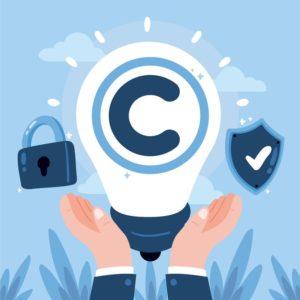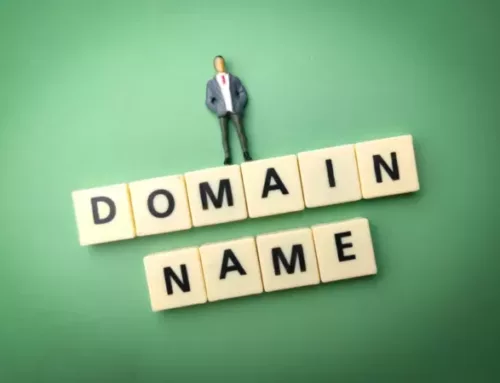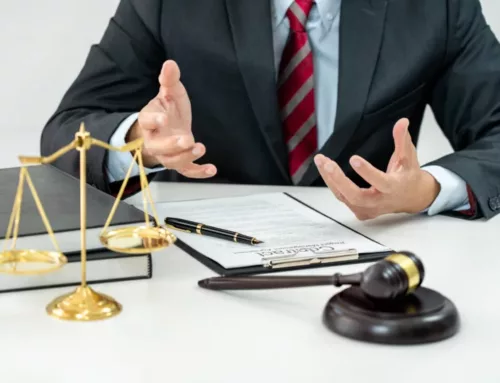The United States Patent and Trademark Office (USPTO), an agency in the US Department of Commerce (USDOC), is responsible for granting patents and registering trademarks. The United States Copyright Office (USCO) is a part of the Library of Congress and it maintains records of copyright registrations in the United States.
The USPTO also maintains records of granted patents and gives the public access to these records through patent searches. Giving the public easy access to these records ensures that patents can be easily searched, reviewed, and respected.
Ultimately, the US Constitution grants Congress the power to create and enact intellectual property laws. These laws define what can be patented, trademarked, or copyrighted, and define the scope of those rights.
Intellectual property laws are important because they protect inventors and businesses. They ensure that Americans are able to innovate and create and not be taken advantage of, thus pushing forward industrial, creative, and technological progress.
Patents, trademarks, and copyrights each protect different things. Read on to learn more or talk to one of our DC patent lawyers to know more.
Types of Intellectual Property Protection
Patents
 When the USPTO grants a patent to an inventor, it grants property rights in the invention. This means that only the inventor is allowed to make, use, sell, offer to sell, or import the invention.
When the USPTO grants a patent to an inventor, it grants property rights in the invention. This means that only the inventor is allowed to make, use, sell, offer to sell, or import the invention.
A patent usually has a life of 20 years but may be adjusted and extended in some scenarios. US patents are only enforceable within the United States as other countries require patents to be filed under their system.
There are three types of patents:
- Utility patents– protects new and useful processes, machines, manufacturing articles, compositions of matter, or an improvement thereof
- Design patents– protects novel, ornamental designs of functional items
- Plant patents– protects an asexually reproduced, distinct and new variety of plant, other than a tuber propagated plant or a plant found in an uncultivated state
If you have any more questions regarding the patent process, patent protection, and the US intellectual property laws, keep reading, or don’t hesitate to contact a War IP Law PLLC, a Washington, DC patent law firm. Our patent attorneys are knowledgeable and can help you with your patent application.
Trademarks and Service Marks
Trademarks can be thought of as the branding that a company places on an object to distinguish it from other similar goods. For example, while Burger King and McDonald’s both make burgers, they have trademarks that differentiate Whoppers™ from Big Macs™.
While trademarks are applied to products, service marks serve the same function but are applied to services.
Trademarks and service marks are used to protect the goodwill of a company and prevent others from creating products that may be confused the good or service bearing the mark. This is important to ensure buyers recognize the source of the goods and services they intend to buy, and also for companies to be able to protect the reputation of their brands.
Copyrights
Copyrights, on the other hand, are granted to authors that create an original work including literary, dramatic, musical, and artistic works, such as poetry, novels, movies, songs, computer software, and architecture, whether the work is published or not. A copyright gives the original author the right to reproduce, disseminate, display, and perform the work, as well as create derivative work off of the original.
Essentially, copyrights are a person’s “right to copy” his work and reproduce it. While copyrights can be registered, copyrightable creations are protected by copyright laws the moment they are created. This means that simply copying a person’s homework or journal entry, for instance, is technically in violation of copyright law.
What Can be Patented?
Patent law which is codified in Title 35 of the United States Code. According to the statute, utility patents may protect “new and useful process, machine, manufacture, or composition of matter, or any new and useful improvement thereof.”
The keyword is “useful,” which means that something is not automatically patentable just because it is new. Inventions need to have an actual use (as opposed to theoretical) and operate as described to be patentable. This means that the mere idea or suggestion of a new machine is also not patentable. Laws of nature, physical phenomena, and abstract ideas are similarly not patentable.
Why Get a Patent Lawyer?
If you have an invention and are planning to file a patent application, it is advisable to talk to a patent lawyer or intellectual property lawyers in Washington DC.
Applying for a patent can get messy and confusing when it comes to carefully following all of the legal provisions and requirements. A patent attorney or intellectual property attorney can help you better understand the laws surrounding intellectual property rights and can help you identify which form of protection is right for your invention.
Intellectual property attorneys can help you draft your patent application to suit the standards of the USPTO. An IP attorney will be able to write the description and claims in such a way that can explain it clearly and convince the patent office that your invention deserves patent protection.
So, to make sure that your invention gets the protection it deserves, be sure to consult with a registered patent attorney from a reputable Washington DC intellectual property law firm today. Call us now at War IP Law, PLLC.






